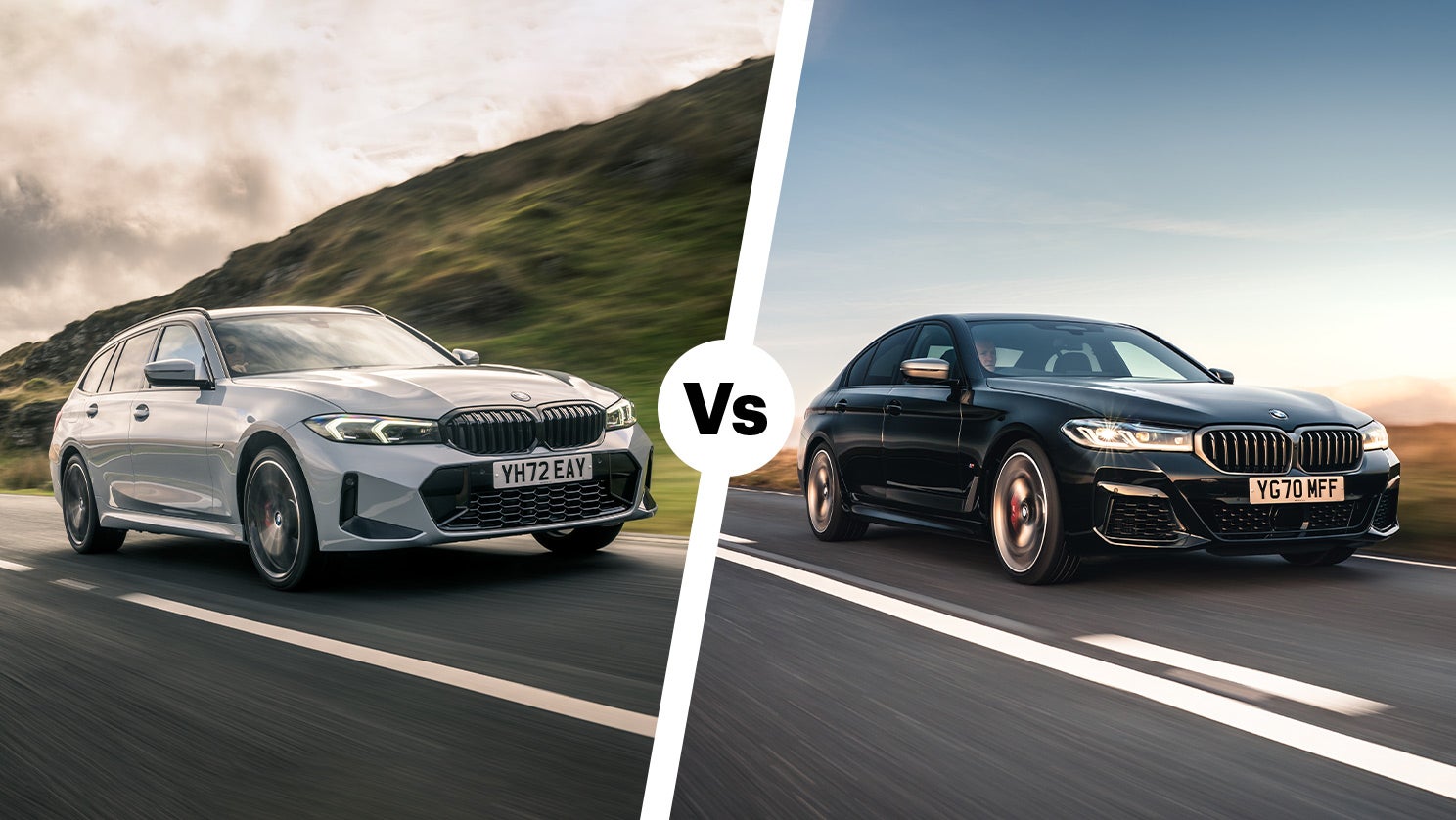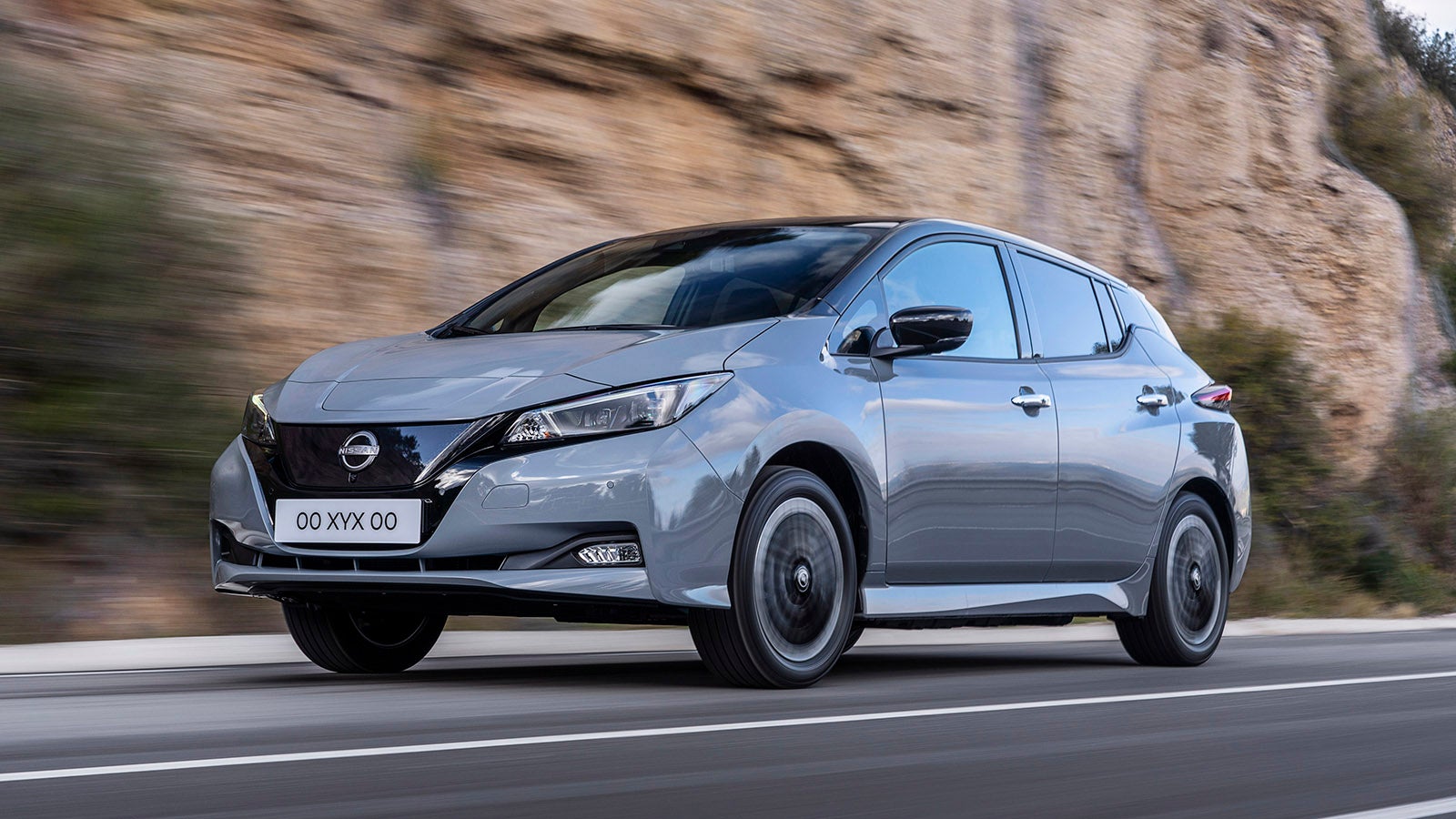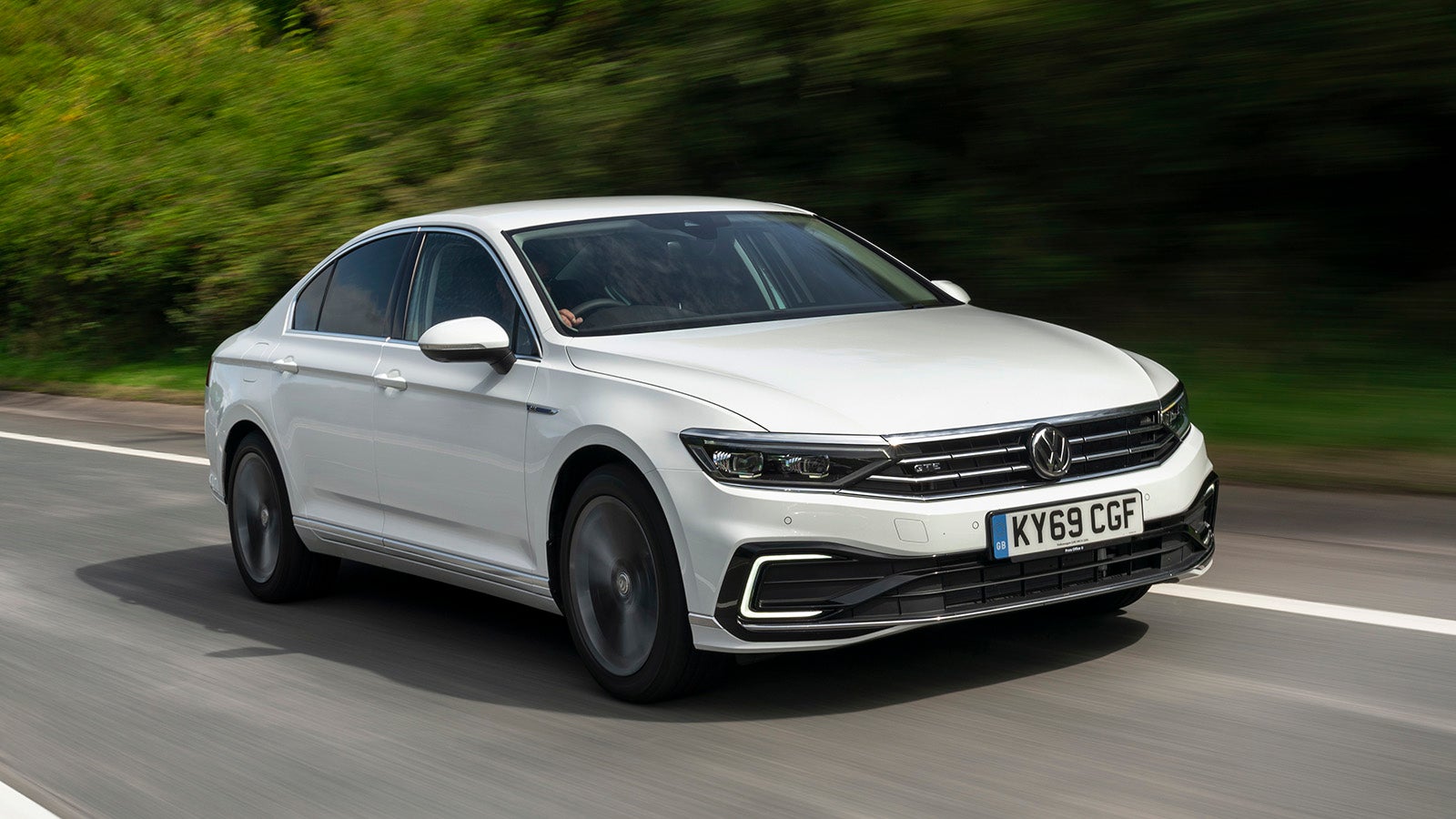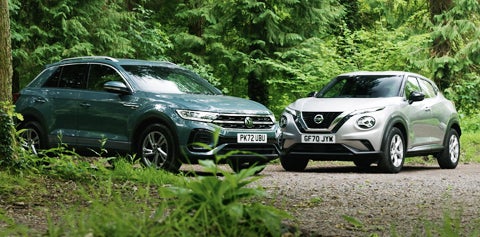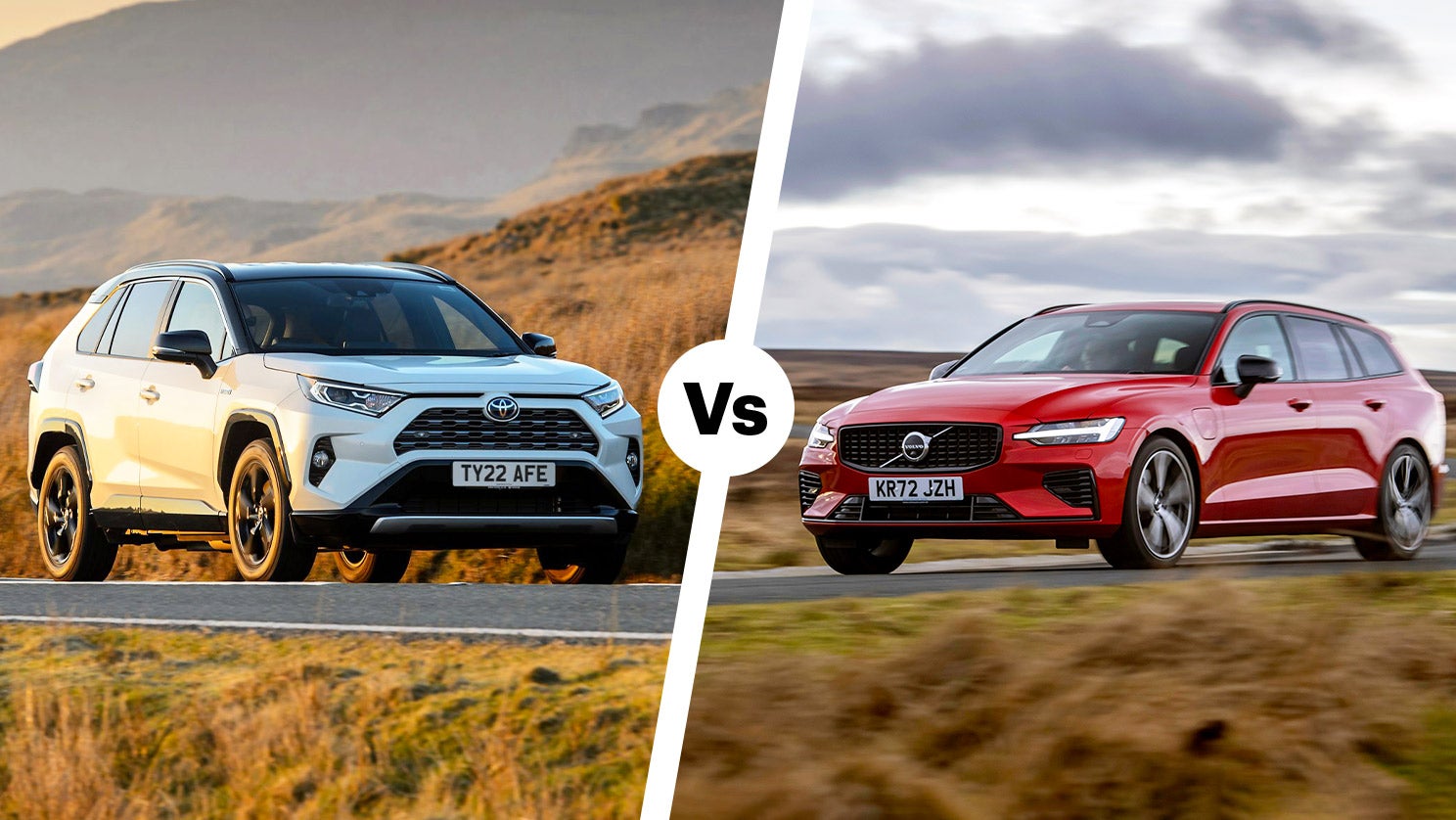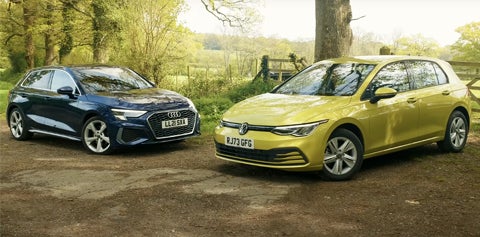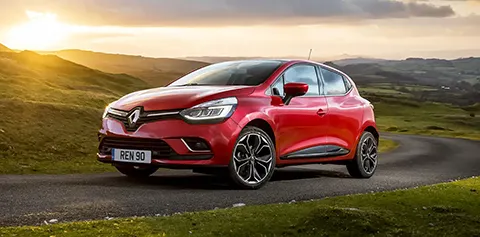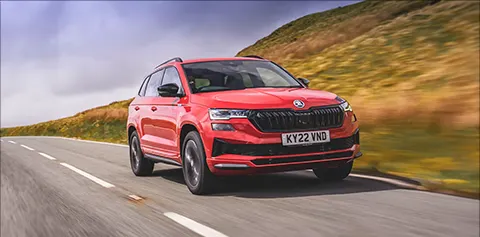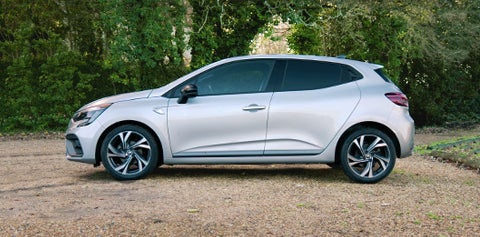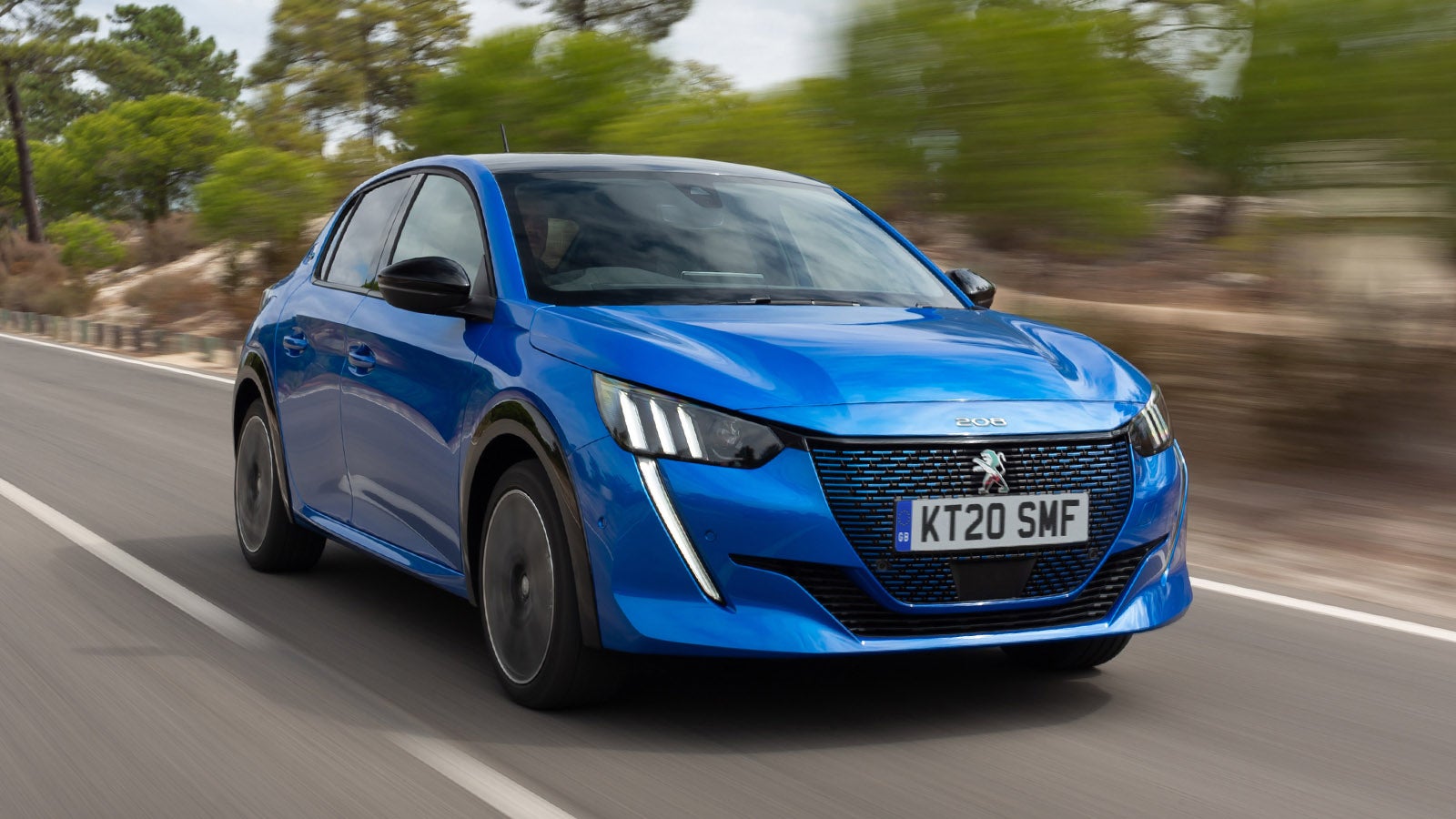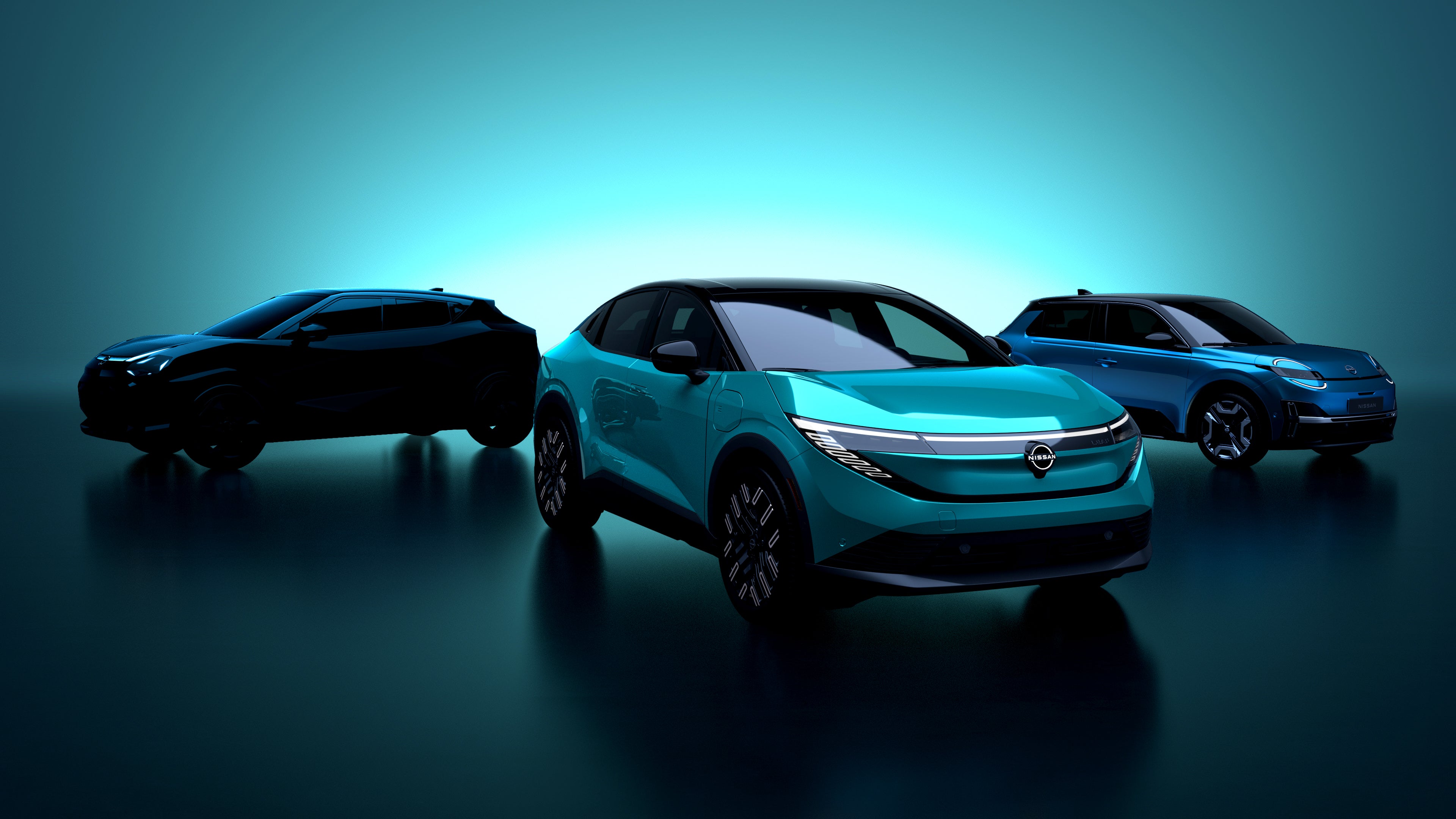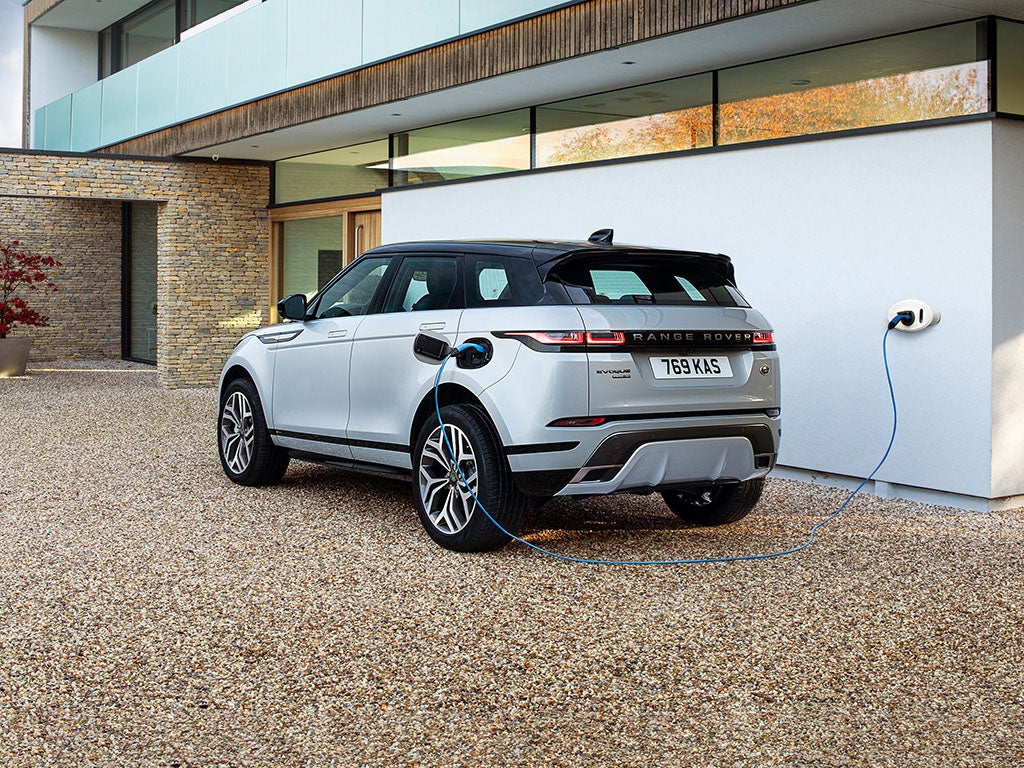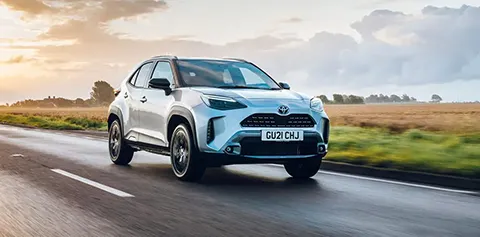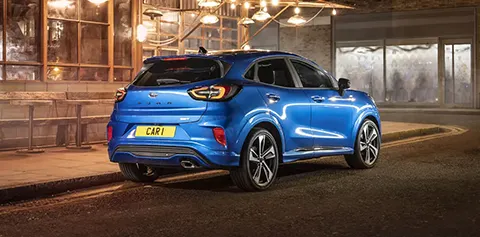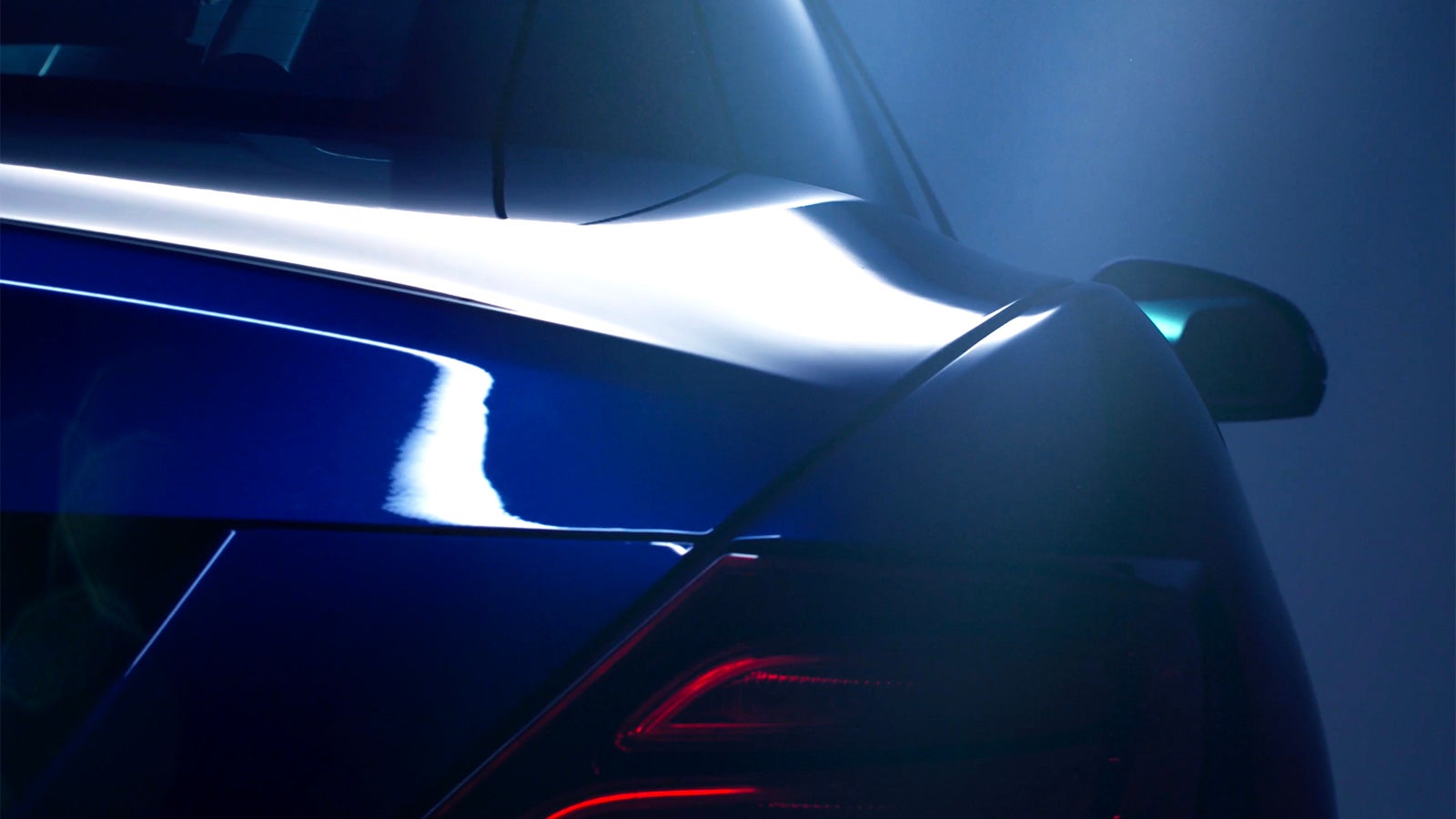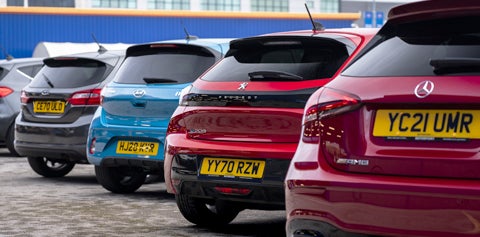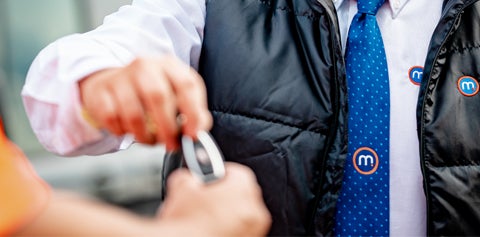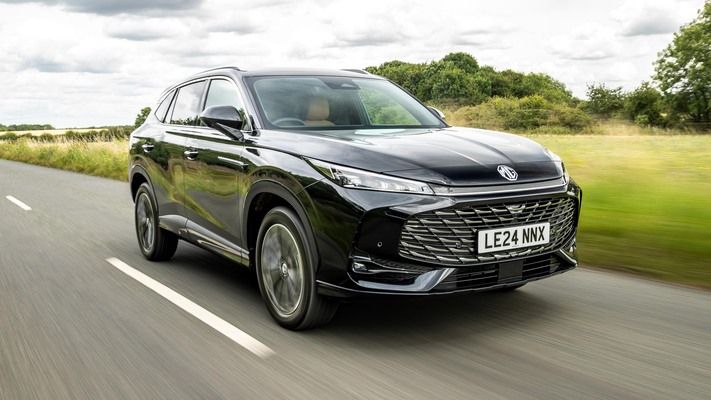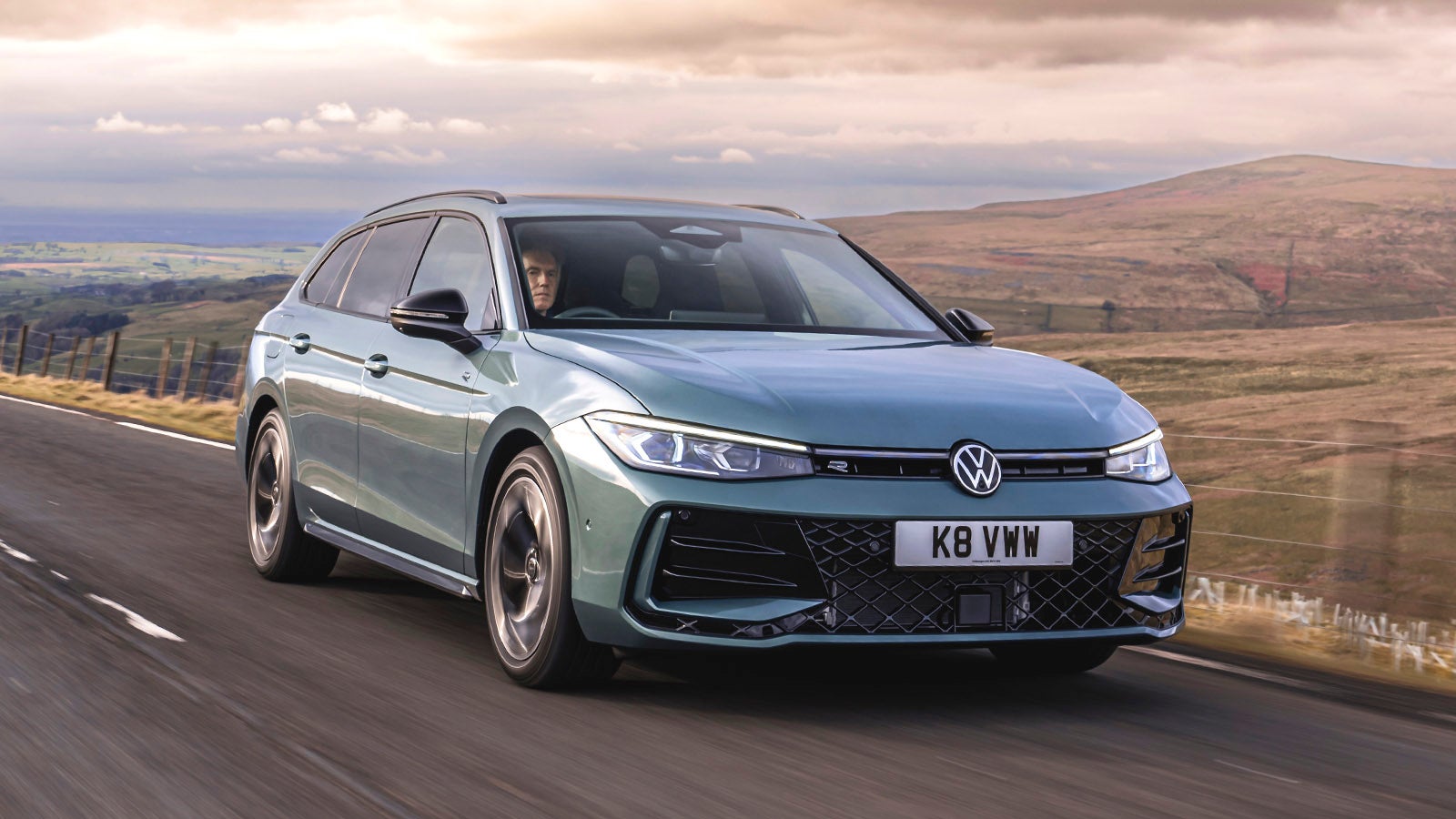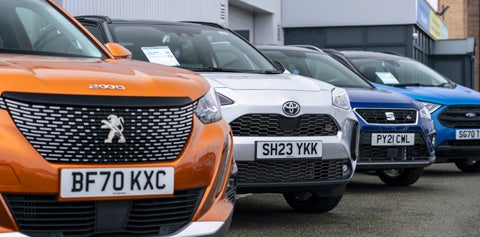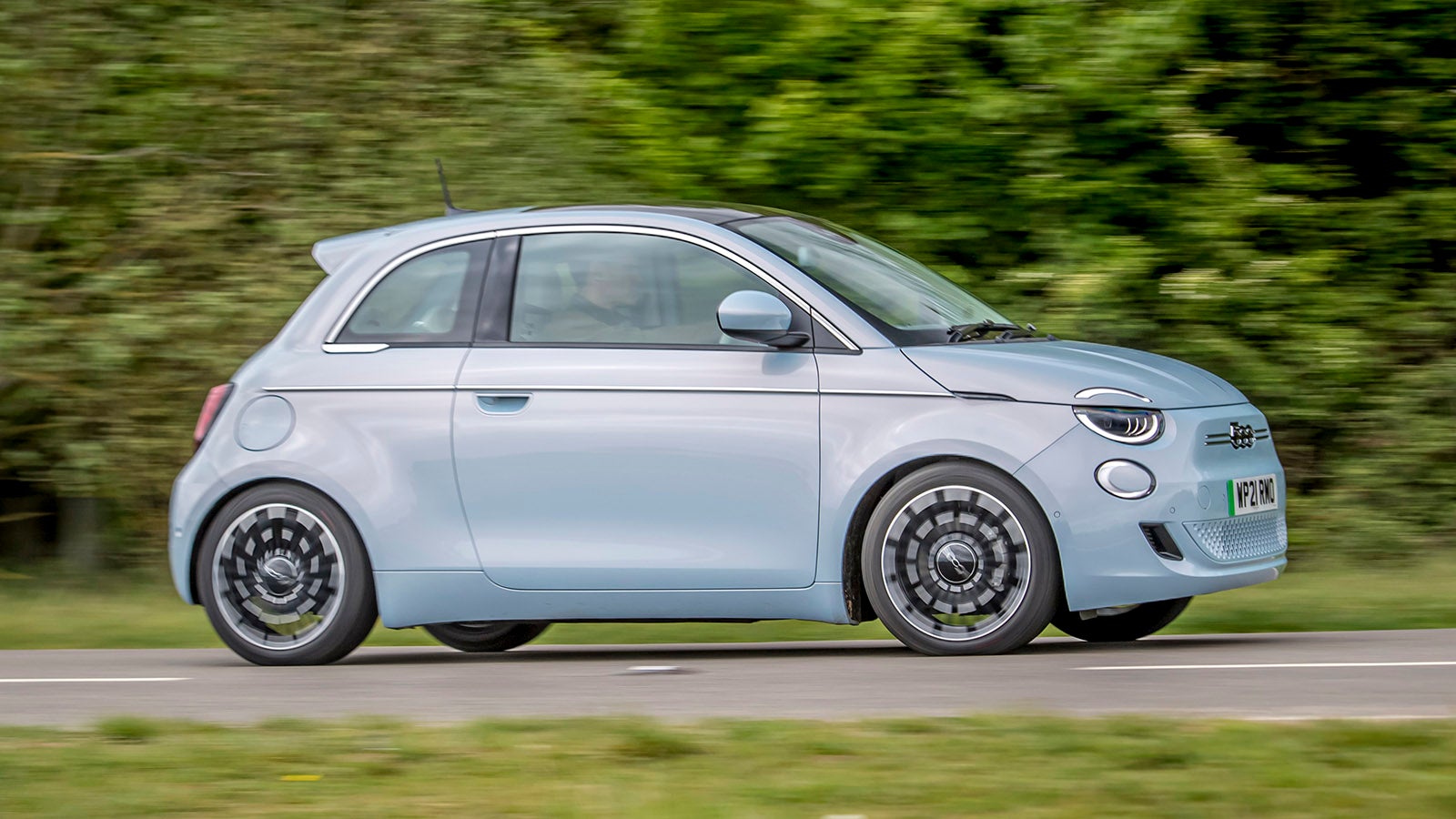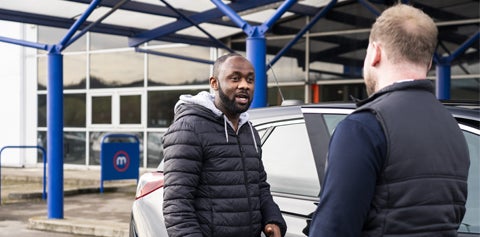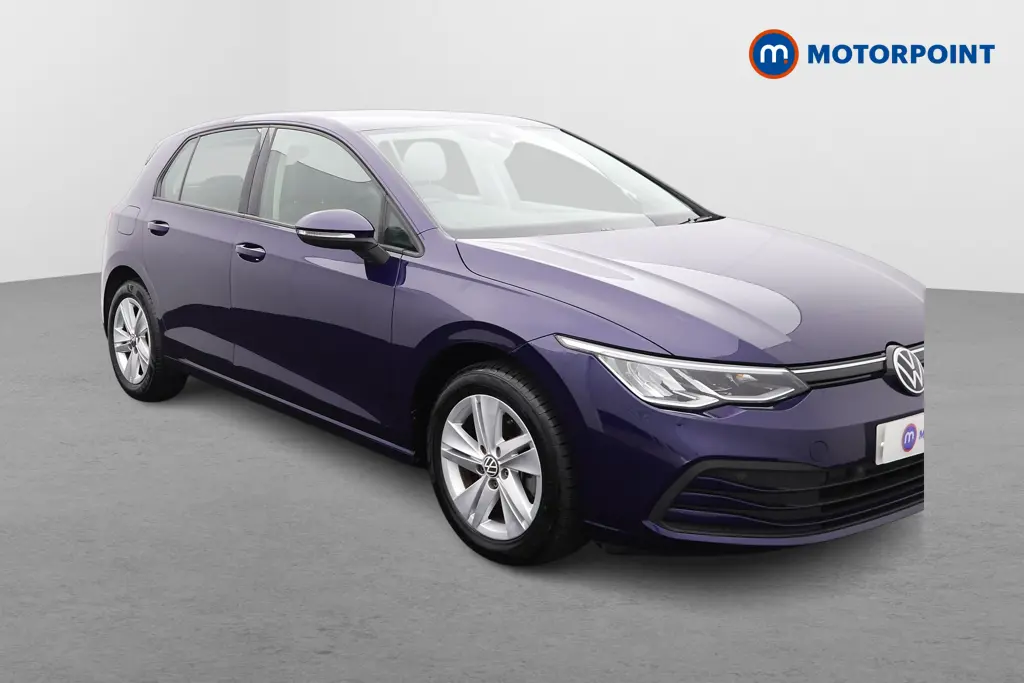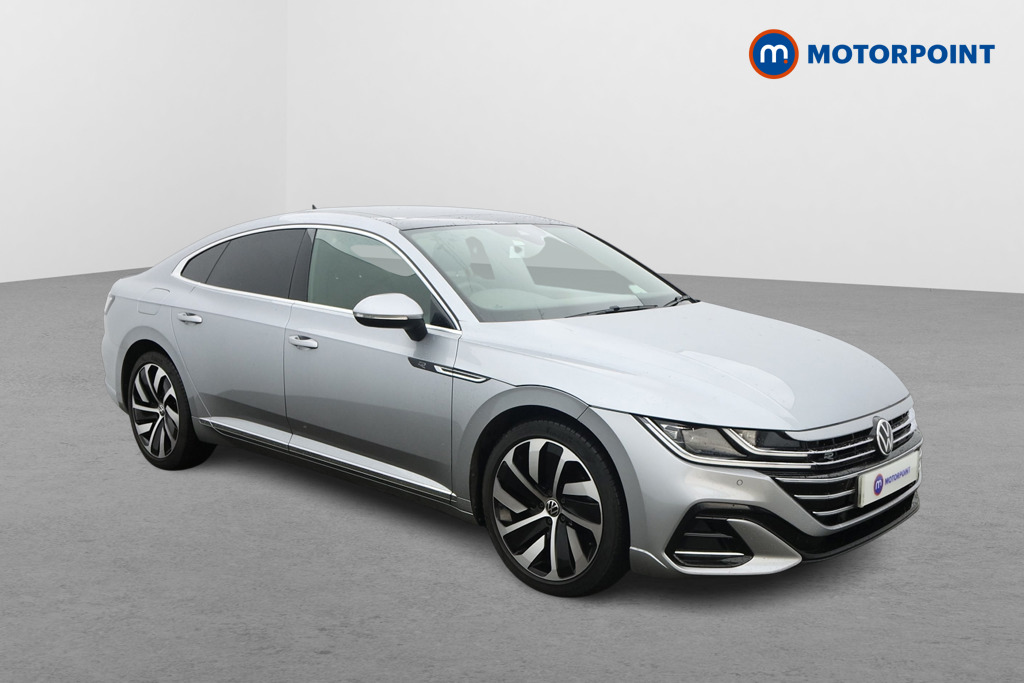-
- Buy
-
Buy
- All Cars
-
Browse all cars Popular makes Cars coming soon Coming soonAll Cars
- £10,000 or under
- Coming soon SUVs
- Coming soon hatchbacks
- Coming soon electric
- Coming soon automatics
- Audi A3
- BMW 1 Series
- Cupra Formentor
- Ford Fiesta
- MG HS
- Vauxhall Grandland
- Volkswagen Golf
- Just landed - 75 plates
- Under 10 miles
- By Make
-
Popular makesBy Make
- By Model
-
Popular modelsBy Model
- Audi A3
- BMW 1 Series
- Cupra Formentor
- Ford Fiesta
- MG HS
- Vauxhall Grandland
- Volkswagen Golf
- Just landed - 75 plates
- Under 10 miles
 Safe cars save lives Discover 10 of the safest cars you can buy
Safe cars save lives Discover 10 of the safest cars you can buy BMW 3 series vs BMW 5 series We have compared the two side-by-side
BMW 3 series vs BMW 5 series We have compared the two side-by-side Nissan Leaf review The Nissan Leaf is one of the best-value hatchbacks
Nissan Leaf review The Nissan Leaf is one of the best-value hatchbacks Volkswagen Passat review Volkswagen Passat has high speed refinement
Volkswagen Passat review Volkswagen Passat has high speed refinement - By Body Style
-
Body styleBy Body Style
 See all SUVs Want an SUV or crossover? Head right this way
See all SUVs Want an SUV or crossover? Head right this way What suits you best? An SUV or estate – discover which is best for you?
What suits you best? An SUV or estate – discover which is best for you? What are the 10 best electric SUVS on sale? Read our top picks for you
What are the 10 best electric SUVS on sale? Read our top picks for you See all hatchbacks Check out our selection of family hatchbacks
See all hatchbacks Check out our selection of family hatchbacks - By Budget
-
Price Monthly budgetBy Budget
- £0 deposit & £199/month
- £249 deposit & £249/month
- £299 deposit & £299/month
- £349 deposit & £349/month
- Under £200/month
- £200-£300/month
- £300-£400/month
- Over £400/month
 The best used cars under £10,000 See the best affordable used cars on sale
The best used cars under £10,000 See the best affordable used cars on sale The best used cars under £20,000 Got a budget of £20,000? These are our picks for you
The best used cars under £20,000 Got a budget of £20,000? These are our picks for you Best cars under £200 per month Make your money go further with these used gems
Best cars under £200 per month Make your money go further with these used gems Best cars under £300 per month Make your money go further with these used gems
Best cars under £300 per month Make your money go further with these used gems - Electric Cars
-
Browse all electric cars Popular makes Popular models Monthly budgetElectric Cars
 Discover the best cheap electric cars Read our top picks
Discover the best cheap electric cars Read our top picks Buying an electric car? Read our full guide to buying an electric car
Buying an electric car? Read our full guide to buying an electric car - Hybrid cars
-
Browse all hybrid cars Popular makes Popular models Fuel typeHybrid cars
Hybrid buying guides
 10 of the best used hybrids you can buy Fancy a bit of electric power? Try one of these!
10 of the best used hybrids you can buy Fancy a bit of electric power? Try one of these! What are mild hybrids? Are they worth it? Find out if a mild hybrid car is right for you
What are mild hybrids? Are they worth it? Find out if a mild hybrid car is right for you - All Vans
-
Browse all vans Popular makes Popular modelsAll Vans
- Citroen Berlingo
- Ford Transit Courier
- Ford Transit Custom
- Peugeot Partner
- Volkswagen Caddy
- Vauxhall Combo Cargo
- Vauxhall Vivaro
Van aftercare
 Motorpoint commercial extended warranty Cover your van for up to 3 more years.
Motorpoint commercial extended warranty Cover your van for up to 3 more years.Van aftercare williams
 Williams paint protection Keep your van looking good as new. Find out more
Williams paint protection Keep your van looking good as new. Find out more - Stock Number Search
-
Stock Number SearchStock numberPlease check the stock number that you entered was correct. If so, this may mean that the vehicle you wanted to look at has been sold
-
- Sell
-
Sell my car Selling adviceSell
- How to get the most money for your car
- Can you sell a car on finance?
- What you need to know about part-exchanging
 Get a valuation Get a free no-obligation valuation for your car
Get a valuation Get a free no-obligation valuation for your car Your guide to part-exchange Find out all you need to know about part-ex
Your guide to part-exchange Find out all you need to know about part-ex -
- Reviews
-
Browse all reviewsReviews
Latest car reviews
 MG HS review The MG HS is great value with excellent passenger space
MG HS review The MG HS is great value with excellent passenger space Volkswagen Passat review The Volkswagen Passat's equipment and tech makes life on the road easy.
Volkswagen Passat review The Volkswagen Passat's equipment and tech makes life on the road easy.Latest best lists
 10 of the best small SUVs on sale Get inspired by our round-up of the best small SUVs
10 of the best small SUVs on sale Get inspired by our round-up of the best small SUVs 10 of the best cars for under £150 per month Our best best cars under £150 per month
10 of the best cars for under £150 per month Our best best cars under £150 per month -
- Finance
-
Finance
- Car Finance
- Personal Contract Purchase (PCP)
- Hire Purchase (HP)
- Types of Car Finance Explained
- No-Deposit Car Finance
- Car Finance with Bad Credit
 How does PCP car finance work? Find out about the most popular type of car finance
How does PCP car finance work? Find out about the most popular type of car finance Hire Purchase (HP) explained Find out all about hire purchase car finance
Hire Purchase (HP) explained Find out all about hire purchase car finance -
- Aftercare
-
Warranty & Insurance Motorpoint ProtectAftercare
 Renew your warranty before it expires Stay protected and enjoy peace of mind knowing your car is covered.
Renew your warranty before it expires Stay protected and enjoy peace of mind knowing your car is covered.
-
- Stores
-
View all stores EnglandStores
- Ipswich
- Maidstone
- Manchester
- Norwich
- Oldbury
- Peterborough
- Portsmouth
- Sheffield
- Stockton-on-Tees
- Widnes
-
- About us
-
How To Buy Help & Support MotorpointAbout us
 Motorpoint Arena priority tickets Beat the queues and get early access to a range of fantastic events at Motorpoint Arena Nottingham
Motorpoint Arena priority tickets Beat the queues and get early access to a range of fantastic events at Motorpoint Arena Nottingham
MyMotorpoint
Sign out
Help & Support
-
Call 01332 227 227Lines closed, open Mon 8:30am
- Stores

